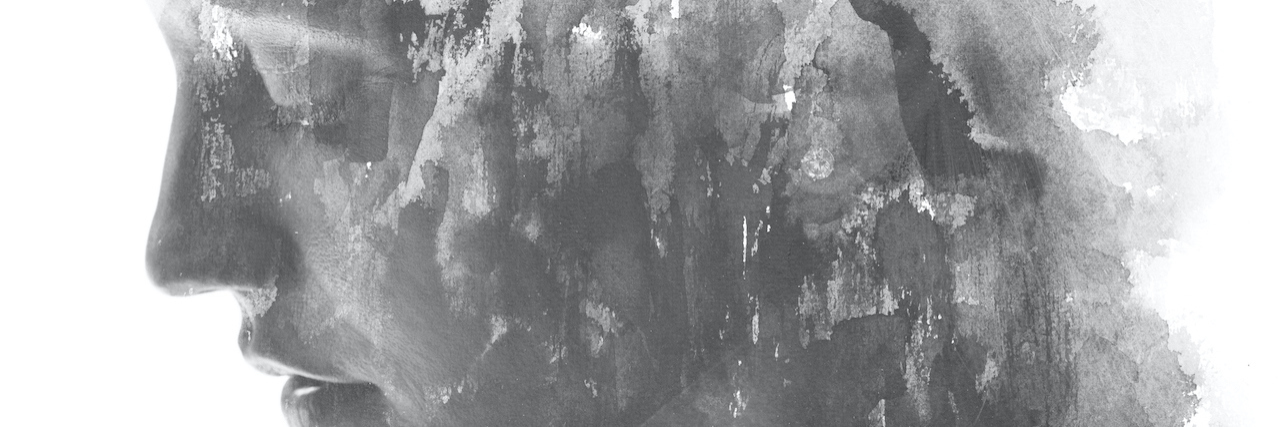Perceived Social Rejection
Sometimes, you get that nagging feeling that everyone around you dislikes you despite having little evidence to support it. It’s a distressing thought that can make social interactions daunting and leave you feeling isolated. This sensation often stems from deep-seated cognitive patterns and past experiences that shape how you perceive others’ views of you. It’s a challenging emotional state, but understanding why you feel this way is the first step toward change.
Understanding the Feeling of Being Hated
The sensation that you are universally disliked often stems from internal thought processes rather than external reality, influenced by past experiences and individual psychological patterns.
Cognitive Distortions and Negative Thinking
Cognitive distortion is a way of thinking that involves seeing things in a negative, often inaccurate, way. It’s like wearing glasses that distort reality, making situations or other people’s actions seem worse than they are. Here’s how it works:
- Overgeneralization: You might apply one negative experience to all social interactions, leading to a belief that everyone feels the same way.
- Filtering: This involves focusing solely on negative aspects of social interactions while ignoring positive ones, reinforcing the belief of being disliked.
- Mind reading: Assuming you know what others think, particularly believing they have negative thoughts about you, without concrete evidence.
- Catastrophizing: Envisioning the worst possible social outcomes, like rejection or ridicule.
Social Anxiety and Paranoia
Social anxiety can heighten sensitivity to others’ reactions and lead to misinterpretations of their behavior as harmful or hateful.
In some cases, paranoia can contribute to an unfounded and intense belief that others are harboring negative or hostile feelings toward you. This can be a more severe and distressing experience, deeply affecting social interactions and perceptions.
Both social anxiety and paranoia can create a feedback loop where fear of negative judgment leads to withdrawal or defensive behavior, which might then be misinterpreted by others, reinforcing the belief of being disliked.
The Impact of Low Self-Esteem
Low self-esteem often leads you to interpret others’ actions and words more negatively, making it seem like they dislike you. This can stem from believing you’re not worthy of positive attention or affection.
When you expect negative reactions from others due to low self-esteem, your behavior might change – becoming more withdrawn or defensive, for example. This can inadvertently lead to the rejection you fear, reinforcing the belief that you are disliked.
Strategies to Overcome Negative Social Perceptions
Adopting effective strategies to combat negative social perceptions involves internal work, like building self-esteem and seeking external support.
Building Self-Esteem and Confidence
Try some of these strategies to help boost your confidence:
- Positive self-talk: Challenge and replace negative thoughts about yourself with positive affirmations. Remind yourself of your strengths and accomplishments.
- Skill development: Engage in activities that you’re good at or that interest you. Developing skills can boost your confidence and provide a sense of achievement.
- Set achievable goals: Create small, attainable goals for yourself. Achieving these can build confidence over time.
- Self-care practices: Prioritize activities that make you feel good about yourself, whether exercising, a hobby, or spending time with loved ones.
Seeking Social Support and Counseling
Share your feelings with people you trust. Sometimes, just talking about these feelings can lessen their power.
Connect with groups where you can meet others who have similar experiences. This can help in feeling understood and less isolated.
Therapists can provide valuable insights into why you might feel hated and help develop strategies to alter this perception. They can also work with you to build self-esteem and improve social skills.
Cognitive behavioral therapy (CBT) can help identify and change negative thought patterns, including those contributing to feeling disliked.
When to Seek Professional Help
It’s time to consider professional intervention:
- When your feelings of being hated are intense and persistent.
- When these feelings overwhelm your daily life.
- When these feelings are affecting your ability to function – be it at work, in social situations, or in managing daily tasks. If you’re withdrawing from social interactions or activities you used to enjoy.
A mental health professional, like a psychotherapist, psychologist, or counselor, can offer a safe space to explore these feelings and work on strategies to overcome them. They can provide support, insight, and tools to help you navigate these challenging perceptions and improve your overall quality of life.
Reframing Social Self-Perception
Reframing your social self-perception can change everything. Recognize your value in social contexts and understand that your perception of being disliked is not an absolute reality. Working through these feelings independently or with support can open the door to a more balanced and positive social life.
And just in case you needed to hear it today, we are so grateful you are here.
Getty image

